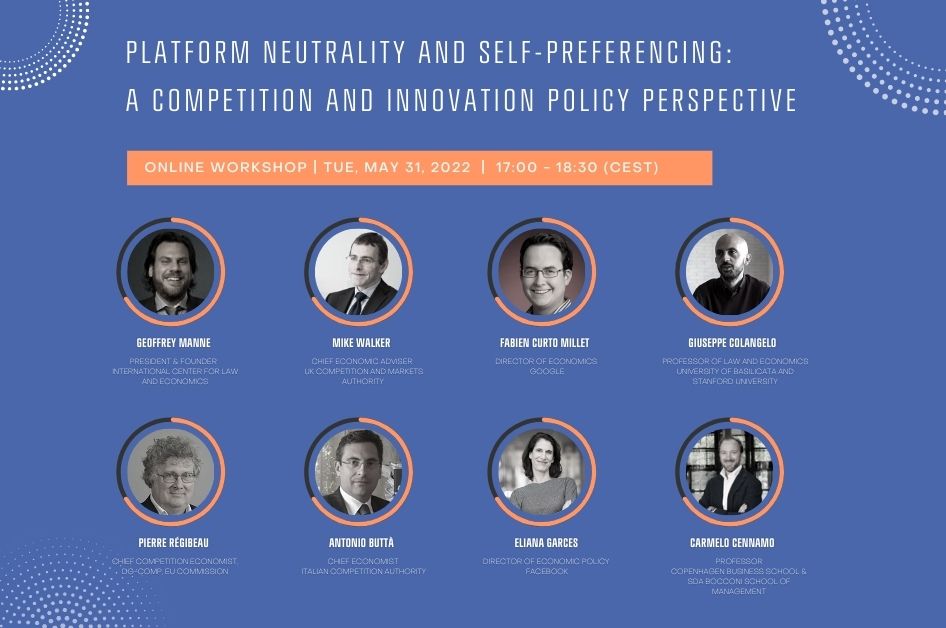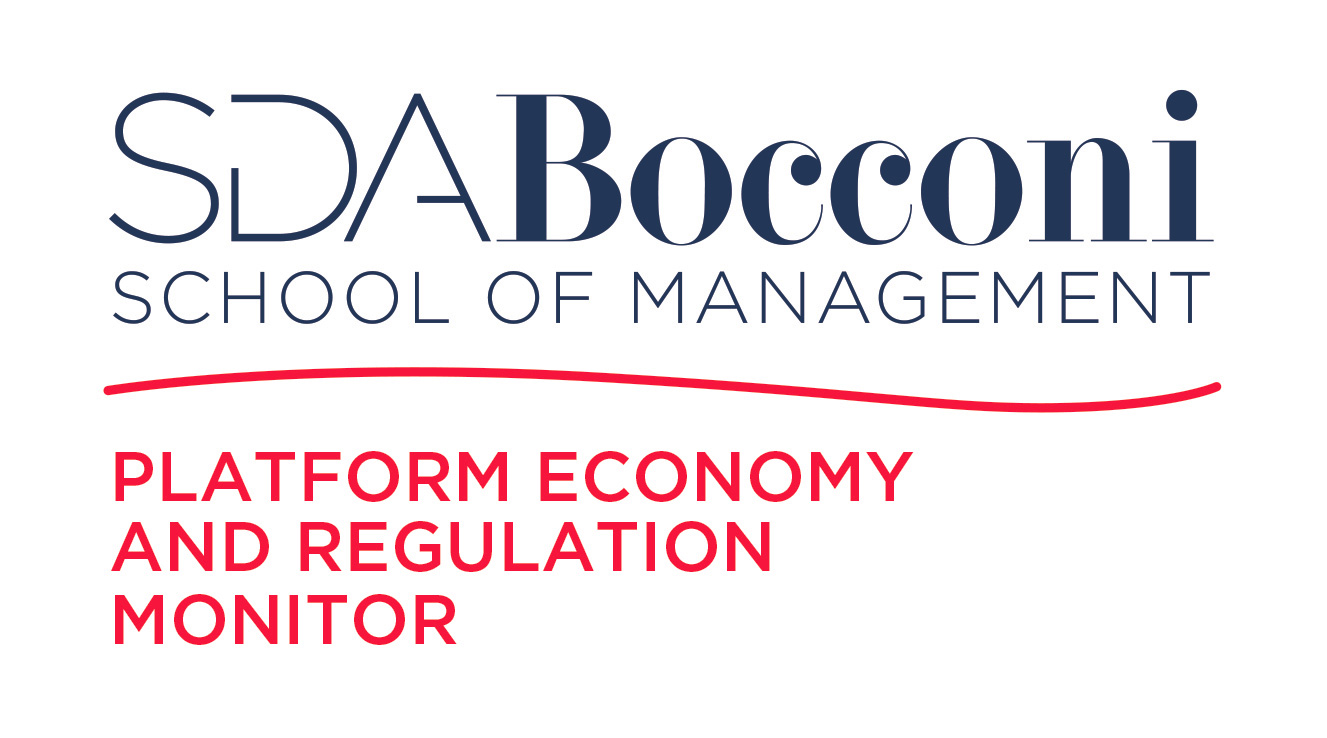The EU’s Digital Markets Act (DMA) introduces some innovative aspects in ex ante anti-competitive law that can potentially set a new standard regulatory framework of the digital economy at the international level. One such principle is the restraint imposed on large, dominant platform providers to promote and favor their own products and services on their platform infrastructures (against third-party providers), also known as “self-preferencing”. This restraint is thus indirectly setting de jure a “platform neutrality” principle, partially constraining the innovation activity of the platform provider in relation to the core infrastructure design, the customer’s selection systems (i.e., service searching, ranking and selection tools), the ancillary, supporting services (e.g., bundling of complementary services such as payment, logistics etc.), as well as first-party content and complements. While in principle this restraint might lead to a more predictable and, eventually, fair environment for third-party business providers operating on digital platforms, there is also academic research providing evidence of the benefits that such first-party products and ancillary services bring about, including higher innovation and of higher quality, enhanced market efficiency and within platform competition, as well as greater competition across platform providers through differentiation in the core infrastructure design and services, which result in a different customer journey and experience.
There are many open questions thus as per the objectives, effects, as well as implementation criteria of self-preferencing: will platform neutrality stimulate more competition? Which type of competition? Will it provide more incentives for business users to innovate? How will it affect the incentives of platform providers to innovate on the core and ancillary services? Which type of harm does self-preferencing produce and how will platform neutrality solve it? When it comes to the application criteria, is every self-preferencing activity harmful? How do we identify self-preferencing practices that are harmful? Are there less intrusive but equally effective solutions than platform neutrality?
During the roundtable event, panelists addressed these questions and related issues from a competition and innovation perspective, offering their different viewpoints.
Watch the recording:











